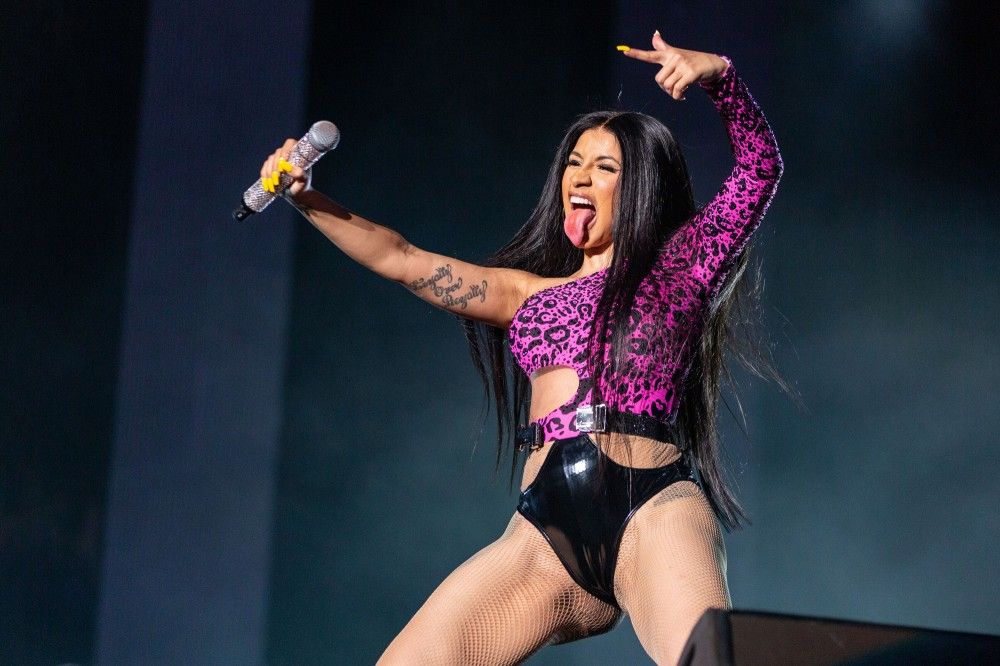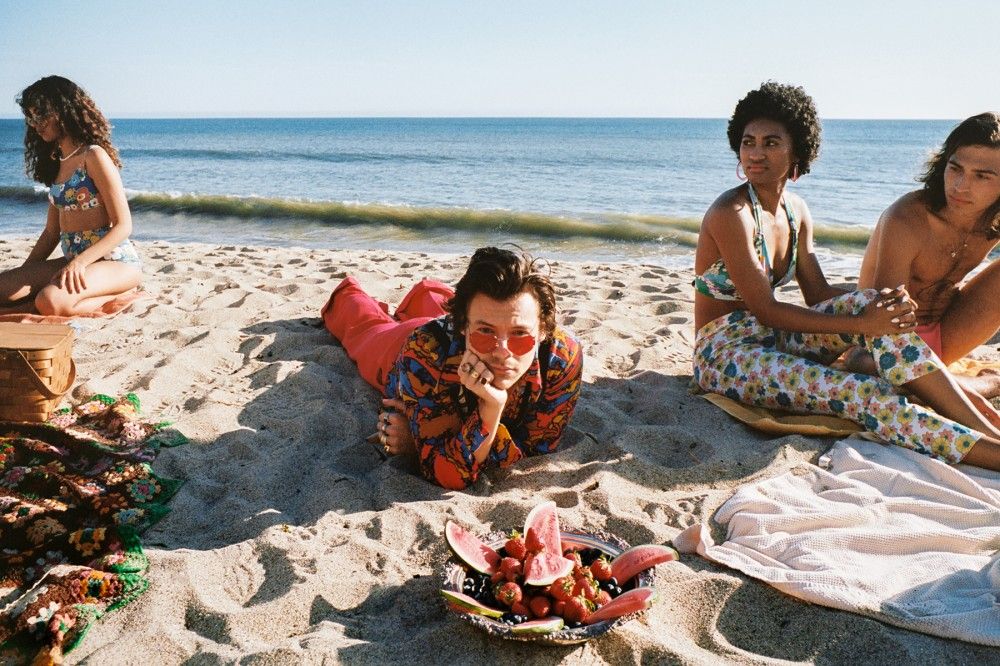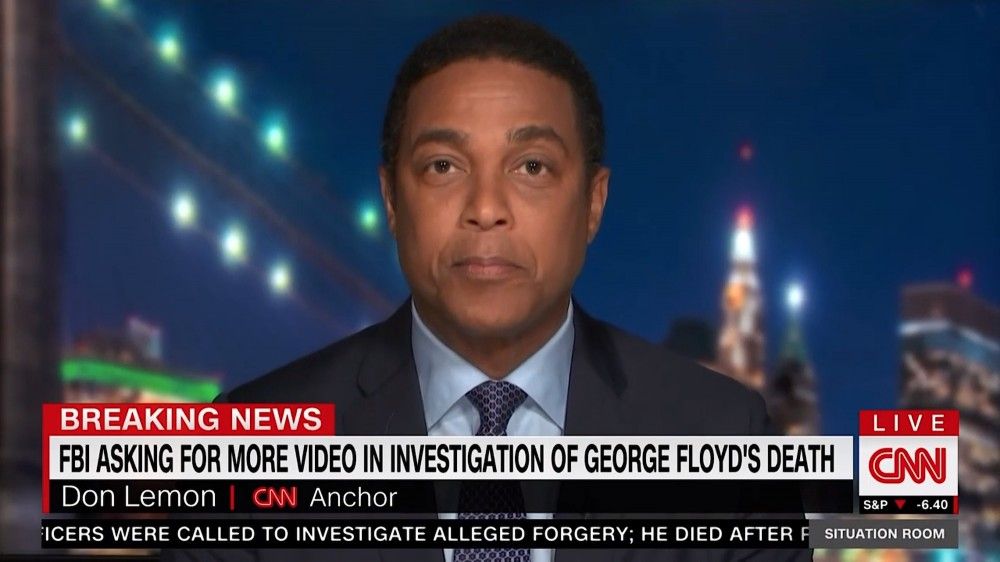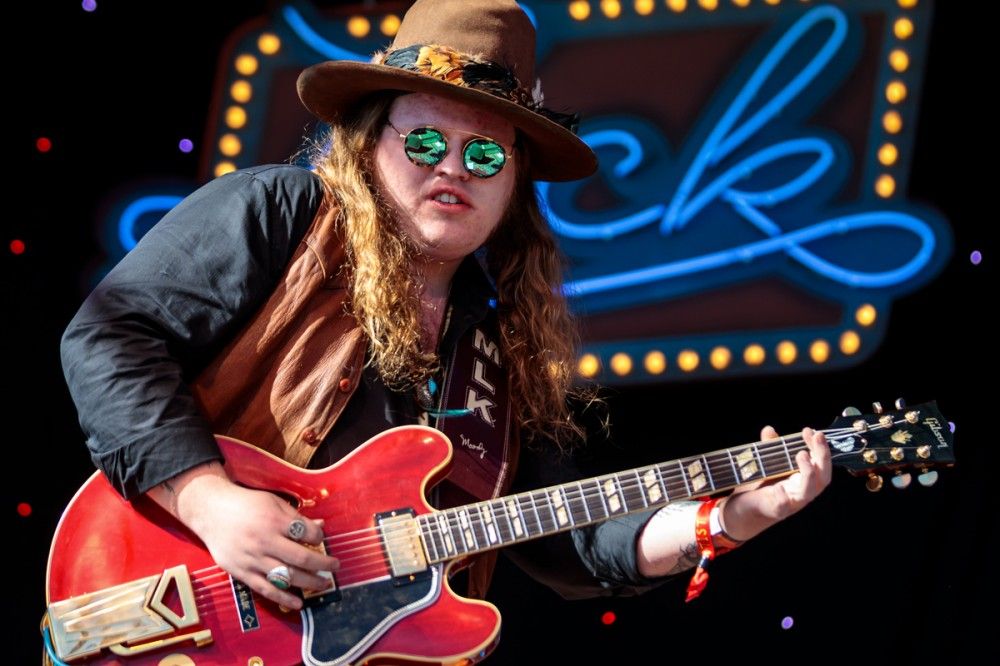
A Coronavirus Song Featuring Cardi B Is Going Viral — and May Violate Copyright Law
UPDATE (3/16): iMarkkeyz, the producer of “Coronavirus,” has confirmed that he is in contact with ’s management team, and this story has been updated to include his comments when reached.
Last week, Cardi B began to worry about coronavirus and took to Instagram to zealously announce that “shit is getting real.” As Cardi B videos tend to, her response went viral immediately. Within days, an enterprising producer and DJ named iMarkkeyz had ripped the audio and turned it into the centerpiece of a new dance track, fittingly titled “Coronavirus.” The song was officially released to DSPs on Friday, March 13th; by Tuesday it was Number Nine on the overall iTunes U.S. songs chart.
User-generated videos set to the song quickly began to pop up on TikTok and across social media, catching the attention of Cardi, who tweeted that she wanted royalties when she spotted a video of the song playing in a Rio De Janeiro club.
“The fact that this damn coronavirus song is charting on iTunes … Hold on … let me hit the DJ up and Atlantic so I can get my damn coins,” Cardi B wrote in an Instagram post that was published on Monday. At that time, her screenshot of the iTunes chart showed iMarkkeyz’s “Coronavirus” at Number 96 on the iTunes chart. In less than a day, it has skyrocketed on the platform.
I’m boutta tell Atlantic to put this song on Spotify ? https://t.co/NXYgDxE2W0
— iamcardib (@iamcardib) March 16, 2020
The popularity of “Coronavirus” comes with questions of its legality. Songs that recontextualize source material are more common than ever, and the path to attention (and commercial success) is often much faster than laws can keep up with. When Lil Nas X released “Old Town Road,” he had unwittingly sampled a Nine Inch Nails song — he bought the song’s beat from a producer on the internet — and the song was gathering listeners before the song’s royalty structure was worked out (or he was even signed). In that instance, Nine Inch Nails collaborators Trent Reznor and Atticus Ross were able to walk away with producer credits and 50 percent of the publishing (or songwriting) rights. It’s possible a similar outcome is possible for Cardi.
According to one music attorney, “Coronavirus” likely represents a copyright violation. Copyright in any sound recording belongs to the maker of the recording — even if that recording is of a person speaking on Instagram. However, the attorney points out, it is common for a record label to put a clause in a contract with an artist that claims “all recordings by the artist” as the label’s property, which would include everything from voice notes to recordings of phone calls — and recordings of Cardi’s Instagram Stories. Which could mean that iMarkkeyz will find himself negotiating directly with Atlantic Records over the fate of his viral song. When Rolling Stone reached out, an Atlantic representative said that the label was “looking into it,” but wouldn’t go into any detail. “Me and my management and her management and everybody are in talks,” iMarkkeyz tells Rolling Stone, adding that the teams connected after the song’s release.
“If the beat does not have any samples except for Cardi’s voice, an approval should be secured from Atlantic (WMG) and from Cardi herself on the master side, and the publisher] may consider this a publishing use,” adds Deborah Mannis-Gardner, who specializes in music clearances for film, television, samples, and new technology. This would not be a worst-case scenario for iMarkkeyz. “I could see her label treating this as a remix and claim 100 percent ownership of the master, and then pay the producer a royalty,” Mannis-Gardner says.



